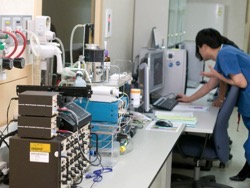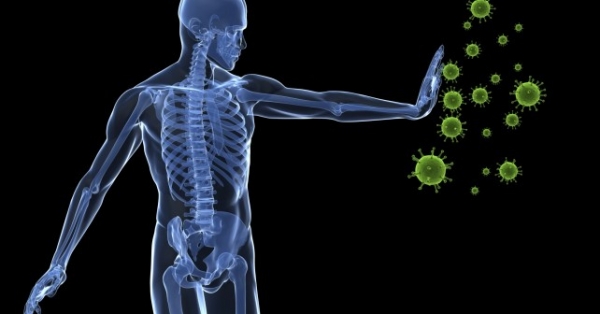
An international group of scientists, with researchers from Moscow state University have made a significant step towards the creation of fundamentally new drugs for the treatment of autoimmune diseases (Crohn’s disease, psoriasis, rheumatoid arthritis). Their work the researchers published in the journal Proceedings of the National Academy of Sciences.
In the new work scientists were able selectively to block the increased production of TNF — a protein secreted by cells of the immune system to combat pathogens, but in excess of causing her harm certain types of cells, without disrupting their other functions.
TNF (Tumor necrosis factor — a tumor necrosis factor) is a regulatory protein that performs a variety of tasks. It is produced and secreted by macrophages, lymphocytes, neutrophils and other cells of the immune system, among which there are “patrol” in the composition of blood and resident cells. TNF and related molecules belong to the group of cytokines.
Modern medicine tends to inhibit (suppress) TNF in the treatment of autoimmune diseases. These drugs represent half of the world drug market for the treatment of rheumatoid arthritis, psoriasis, Crohn’s disease and some other diseases. However, their use may serious side effects — increased risk of malignant neoplasms and activation of latent tuberculosis infection.
Members of the Department of immunology, biological faculty, Moscow state University named after M. V. Lomonosov and the Institute of behalf Belozersky MSU suggested and then proved that bespecifically (able to cling to two proteins at the same time) antibodies can help to selectively inhibit TNF-specific cell type (macrophages), which in autoimmune diseases produce mostly “bad” TNF, not disrupting the function of “good”.
First, immunologists have deduced the nonexistent in the nature of mice, in which murine TNF was replaced by a human. After treatment bespecifically antibodies secreted by macrophages TNF’re not stood out, but was associated with their surface, which was shown in culture of murine macrophages from these mice. Further experiments were conducted on live humanized mice, in which caused septic shock, mediator of which is the “bad” TNF from macrophages. It turned out that MYSTI gene protected mice from lethal toxicity, and the control antibody does not.








